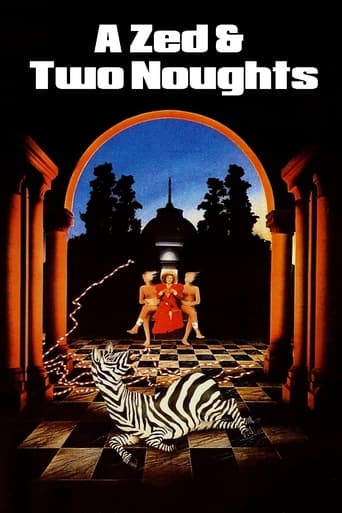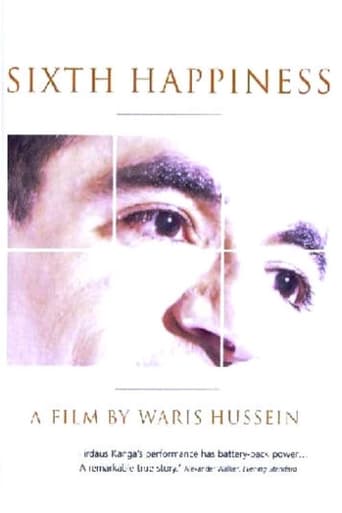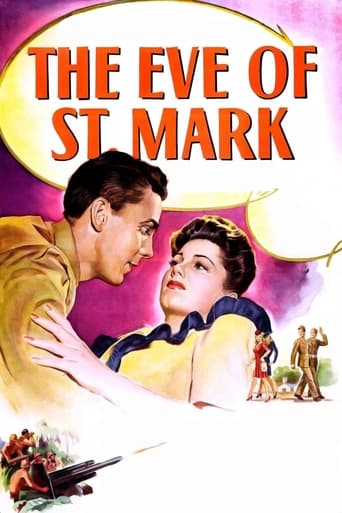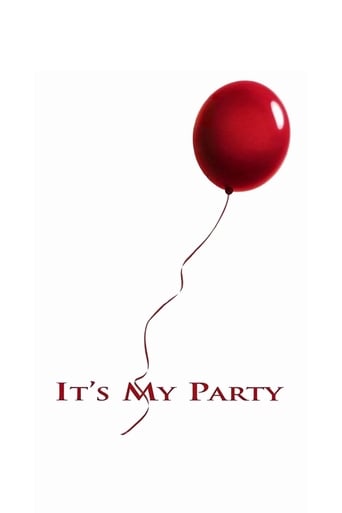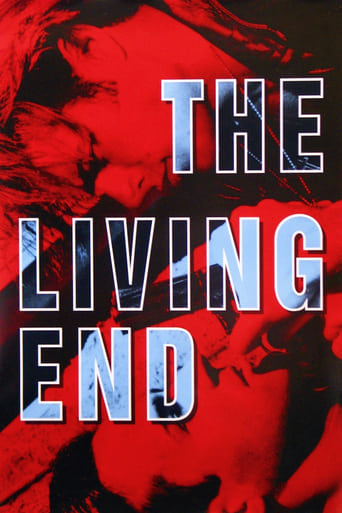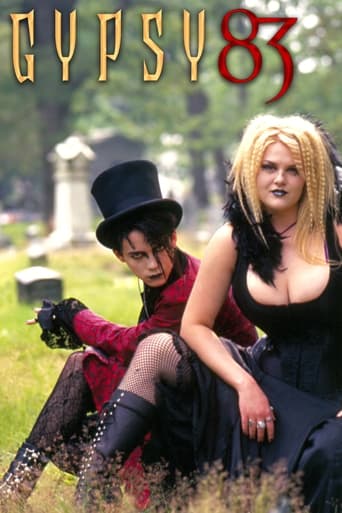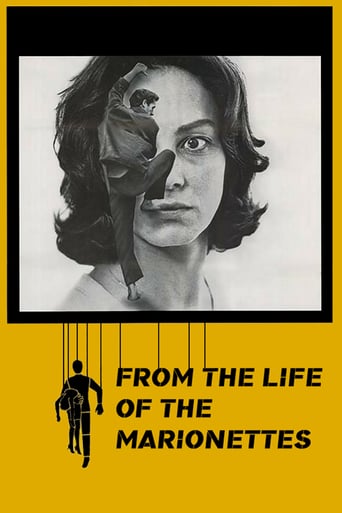

From the Life of the Marionettes (1981)
Peter and Katarina are at a marital crossroads, but, when he brutally kills a burlesque dancer, their domestic squabbles are rendered trivial by comparison. In the wake of the crime, the film backtracks, painting a portrait of the fraught union between Peter and Katarina. When does a marriage go bad? What causes a member of the German bourgeoisie to murder an innocent woman?
Watch Trailer
Cast


Similar titles
Reviews
A complex dissection of a murder and a murderer, told by jumping back and forth in time, before and after the event, A deeply disturbing portrait of a man and a society so cut off from feeling that violence seems almost inevitable. While more divided in public reaction then some of Bergman's most beloved works, I think this edgy, bold, uncomfortable film ranks close to some of his best work. While there are moments of pretension, there's also a lot of human and psychological complexity (and wonderful acting) in this bleak exploration of how near murder and madness lie to any of us.
Despite having seen the best part of Höstsonaten, Bergman's film immediately prior to Aus dem Leben der Marionetten, I never completed the viewing experience. Thus, this ranks itself as my very first Bergman, something I'd been rather looking forward to for quite some time.Beginning with a surprising scene in which a well dressed man strangles a prostitute, Aus dem Leben der Marionetten follows this event up by examining the events before and after it, hopping through a time frame of two to three months. Through the conversations which precede and follow this catastrophe—as the film's intertitles elect to label it—we learn gradually more about the reasons and the people behind it.I have a very deep proclivity toward non-English films playing late at night on television, particularly those in German—simply because I'm a student thereof. In the fleeting moments between realising such a film directed by the acclaimed Bergman—of whom I regrettably knew rather little—was about to grace my screen and its beginning, I was somewhat disenchanted to learn that this is not considered amongst his greatest. Nevertheless, I happily sat back to watch the potential magic unfold. The opening scene of murder is a strange one, the severity of the violence neither understood by its recipient or indeed by us; verily, it is suggested that not even the assailant understands what he is doing. Thereafter, an intriguing thing happens: the colour drains from the film, turning the previous rich reds to a dull monochrome. This effect is fascinating, inviting us to ruminate upon its purpose more than beginning in black and white would have done. The film follows this up with a non-chronological narrative progression, ducking from past to future—considering the murder the present, of course. Most of these scenes take the form of intimate conversations or extended monological musings, discussing in a vague manner many aspects of life. These are beautifully shot, a scene in which a homosexual man addressing the killer's wife slowly comes to regard himself in the mirror completely entrancing and surprisingly tender. Noteworthy too are the dream sequences—most rife in the film's middle section—dazzlingly bright and beautifully narrated. These exhibit a visual flair as inherently important to an understanding of the film as any dialogue. The film is both visually and thematically interesting, examining through both the factors that drive ordinary people to brutal actions. Somewhat of a recondite piece, it is the kind of film that lingers with you, returning to your mind a number of times after viewing. The performances, particularly that of Martin Benrath—in the role of the aforementioned gentleman—are nothing short of arresting.Containing a cornucopia of pleasing visuals and highly effective metaphors—the importance of mirrors springs to mind—Aus dem Leben der Marionetten is a voluptuous treatise on life and love; repression and expression; individuality and relationships. Slow moving, but completely involving, if this is a lesser Bergman, I can't wait to see how he could improve upon it.
This is totally engaging but its almost just theater: the long scenes, still camera, monologues, exposition of internal psycho-drama and chapters that structure the entire film. But most of all its the interest and compassion contained in the human face and voice that Bergman makes central. That had been part of Bergman's work for a long time, just look at "Through a Glass Darkly". The characters are moving through space but not able to connect with each other at all, they simulate free will but they are not able to live it.Having said all of the above the photography and set ups are occasionally sublime, the sort of thing that was the essence of cinema, but not so any more.
The best thing about this movie, is not only it's photography, nor it's characters. It's the best story telling ever, using the flash forward - flash back resource it keeps your mind trying to put together this extraordinary puzzle. Bergman did this before Tarantino's Pulp Fiction. And keeps it in an intimate level, wanders in the dark pits of human sexuality and feelings. So... watch the film with open mind.





